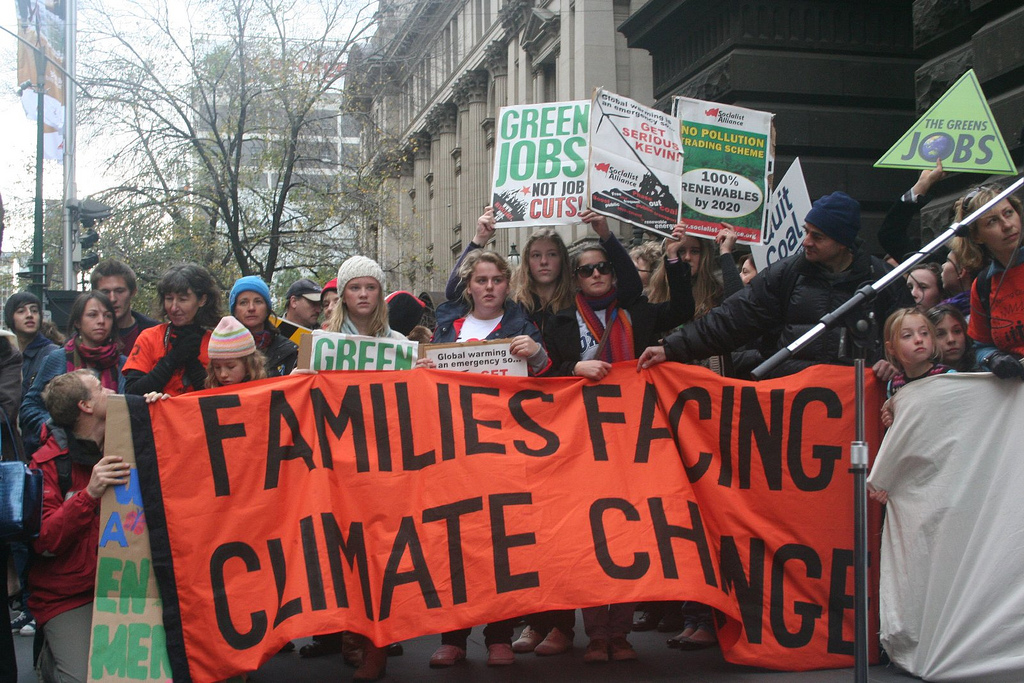The power of the individual to halt global warming is the major theme of this week’s curated articles. Alexandria Ocasio-Cortez has said that she wants to “rediscover the power of public imagination” as we begin to address our changing climate.
- “It’s 2050 — how did we stop climate change?” This is the question posed at the opening of a recent NPR report. Instead of focusing on the monumental challenge facing the world, the reporter asks what actions we as individuals can take right now. The result is an optimistic road map for a more climate-friendly future, relying almost entirely on technology and capabilities that we already have. Listen to the story here.
- A grassroots campaign in Britain convinced Walkers, the manufacturer of the country’s most popular brand of potato chips, to create a recycling scheme for its excessive packaging. The company’s response to the popular campaign shows that consumers have the power to influence corporate policies. Read The Independent op-ed.
- Case in point: Greta Thunberg, the adolescent activist who skipped school to protest climate inaction outside of the Swedish parliament building. What began as her lone crusade has become a global movement with Thunberg at the helm, inspiring her teenage peers and adult activists alike. Read The Guardian’s profile of this remarkable girl.
- In finding a way to get the Green New Deal passed by the Senate, there’s a case to be made that the left wing of the Democratic Party has embraced tactics more effective than those of the moderates. While the moderates are searching for a sensible compromise, progressives want to eliminate structural impediments to real action. “This might seem like fantastical thinking, but it actually carries a greater dose of realism about both the current political situation and about the opposition in the Republican Party,” writes David Atkins. Read his op-ed in The American Prospect.
- A vegan reporter faced an online backlash from dairy farmers after appearing on a national Canadian radio show to talk about veganism. But instead of throwing up her hands in frustration at the incivility of social media, she took the opportunity to learn from her so-called opponents, and modelled the ideal social media conversationalist for people on either side of the issue. Read her account for Vice.



